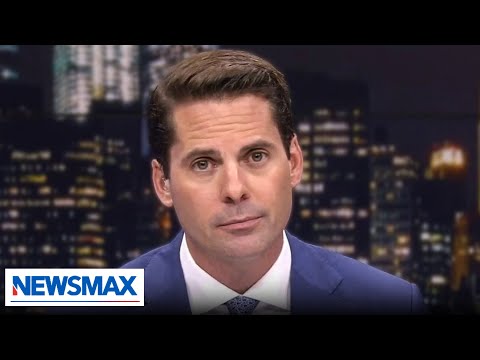According to the latest developments that have surfaced, President Joe Biden has made headlines for his controversial decision to pardon his son, Hunter Biden. This move raises eyebrows, especially considering the President’s previous declarations about the rule of law—specifically that “no one is above the law.” One can’t help but wonder what that really means in the Biden family context, particularly when it seems that this principle aligns more with political convenience than any objective standard of justice.
The Biden administration has often touted its commitment to equality before the law and the idea that everyone, regardless of their status, should face the same consequences for their actions. However, recent events appear to suggest a glaring exception. With the announcement of Hunter’s pardon, it seems this family dynamic operates under a different set of rules—one that prioritizes the protection of family interests over the justice system. Critics are quick to argue that if Hunter Biden wasn’t Joe’s son, he would likely be facing serious legal repercussions instead of receiving a high-profile pardon.
This decision draws comparisons to historical presidential pardons, most notably President Gerald Ford’s pardon of Richard Nixon. Ford’s action, while intended to heal a nation, came back to haunt him. In a parallel situation, Biden’s maneuver to shield Hunter raises questions about the sincerity of his prior claims. It seems reminiscent of a family trying to keep its dirty laundry out of public view, albeit with the added twist of political power at play.
Moreover, Biden’s actions have inadvertently bolstered his political rivals. This situation is a double-edged sword for him, strengthening former President Donald Trump’s narrative of a “rigged” judicial system that unfairly targets him while treating members of the current administration with kid gloves. This contradiction is not lost on the public, leading many to wonder about the integrity of the promise that “no one is above the law”—especially when faced with family issues that hit very close to home.
With this pardon, some Americans may find it hard to reconcile Biden’s portrayal of himself as a leader committed to fairness and equality. Many believe that while most parents would instinctively want to protect their children, the complexity of the presidency comes with different responsibilities. Joe Biden, a seasoned politician, should have known better than to allow familial ties to compromise the very tenets he claims to uphold. The narrative surrounding this pardon paints a picture of a man who has consistently put his family’s interests first—even at the expense of his integrity or that of the office he holds.
In the end, this decision appears to be as much about Joe Biden as it is about Hunter. The story is not merely about a father’s love but rather the intricate dance of political maneuvering, legacy, and the potential fallout from actions that serve personal interests under the guise of familial loyalty. For many, the Biden family saga—from the tragic loss of Hunter’s mother and sister in a car accident to the current legal battles—illustrates a complex and at times, troubling dynamic, raising questions about what defines good fatherhood and public service in the highest office of the land. As the dust settles on this controversial pardon, the emerging narrative is likely to resonate in political discourse for years to come.



